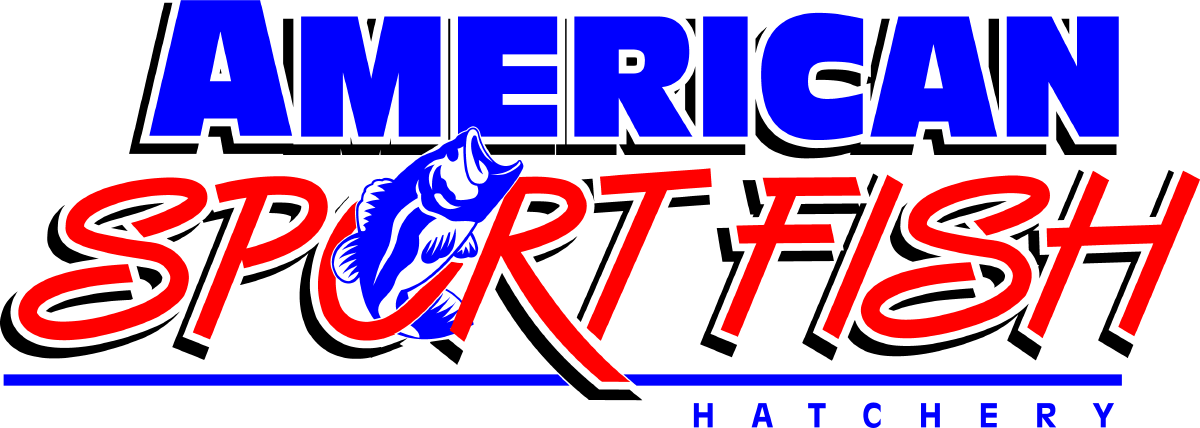How Water Temperatures Affect Feeding
Since fish are cold-blooded critters, water temperatures influence feeding habits. As Spring temps warm, appetites and digestion rates increase through November. By December, water chills and so does metabolism. Into January and February, they’re almost fasting. Fluctuating metabolic rates determine how fast the last meal will be digested and how soon they seek another.
Bass prefer temps in the 65 to 75 degree range. When it surpasses 85, they get grumpy and heat stressed. Colder levels turn blood flow to the consistency of motor oil. Researchers estimate metabolic rates of bass decline approximately one-third with every 18-degree drop in body temperature. If water temp is 70-degrees, it may take two or three days to digest a meal. At 60-degrees, it may take four or five days to process the same meal.
When temps drop, nervous system function declines. From 60 to 50 degrees, they are more sluggish. Around 45 degrees, they school in deeper, warmer zones. The adjacent photo of a depth finder was taken Feb. 28. Surface temp is near 52 degrees. Note how fish are stacked in the 15-foot zone. On this lake, such patterns are noted only this time of year. Respiration rates here may be one breath per minute. They can’t swim fast or far before tiring. At this stage, a meal may last one month. During winter, you may observe red coloration inside the mouth.
Are you wondering when to stop feeding this Fall? The most accurate source for answering that question is—the fish. During summer months, they should consume a five-second-feeder spin in 10 minutes. By early November, that same amount may take 15 or 20 minutes. When water temps drop below 70, a fish’s cold-blooded body transitions to winter. Near Thanksgiving, you may notice leftover pellets on the surface when fish stop eating. Soon after, their darting, swirling flashes appear in slow motion. That’s your sign! They may randomly nibble a few bites after successive warm days, but it will be short-lived. Place leftover food in a sealed container. Keep batteries charged during the winter.
Wet a hook every opportunity through Thanksgiving. Don’t be left out when campfire conversations turn to fishing stories. If it gets competitive, just remember you have a personal consultant. We can discuss forage plans that take your bass to the next level and get the attention of buddies around fireside chats.




